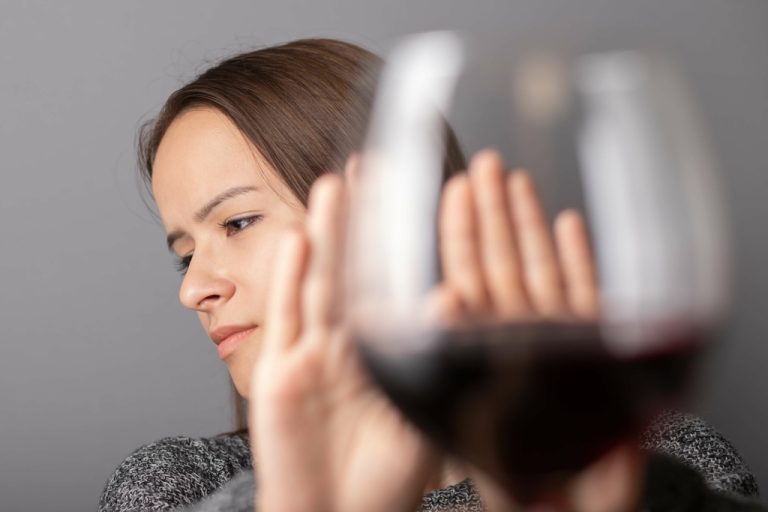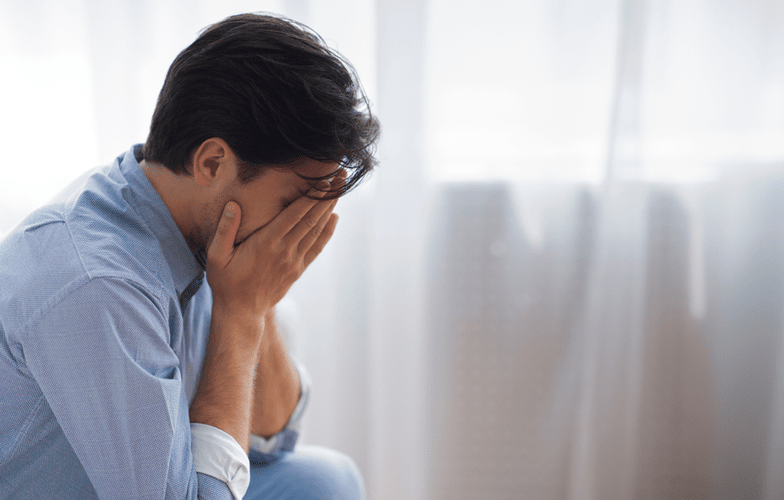For those seeking addiction treatment for themselves or a loved one, all phone calls are confidential and are available for 24/7 help. All calls generated from California area codes will be answered by Refine Recovery, a paid advertiser. All calls generated from area codes in every other state will be answered by The Healing Place, a paid advertiser. Calls to numbers on a specific treatment center listing will be routed to that treatment center. Calls to any general helpline will be received by The Healing Place or Refine Recovery, both paid advertisers. Combining alcohol with other substances can be extremely dangerous and even fatal.
Center for Healthy Communities
She combines a strong scientific background with compassion and is passionate about empowering people to manage their mental health. As with all benzodiazepines, alcohol is not recommended with alprazolam.21 Alcohol and benzodiazepines act as CNS depressants. Combining the two can dangerously suppress breathing and lead to potential overdose. Trazodone is also an antidepressant, although it works differently than an SSRI. It can be used to treat depression or insomnia because one of its main side effects is sedation.
- She has a wide range of clinical experiences, ranging from years of traditional clinic practice to hospitalist care to performing peer quality review to ensure optimal patient care.
- Mixing alcohol with the ADHD medicine ritalin, for example, can increase the drug’s effect on the heart, increasing your heart rate and the risk of a heart attack.
- It’s common for people who mix these substances to forget what happened while they were under the influence.
- Many people begin misusing their prescriptions to achieve the desired results.
Registered Environmental Health Specialist
Talk to your health care provider or pharmacist about your medication(s) and the potential consequences of mixing the medication(s) with alcohol. Valerian is an herbal supplement often taken as a sleep aid or to treat anxiety symptoms. Avoid drinking if you take valerian, as mixing them canincrease side effectslike dizziness, drowsiness, confusion and difficulty concentrating. In rare cases, mixing valerian with alcoholmay increasethe risk of liver damage. Mixing sleeping pills and alcohol can result in the heightened effects of both substances. Sleeping pills are sedative substances that typically suppress activity in the central nervous system, and alcohol is a central nervous system depressant.
- Death occurs as a result of sleeping pills and alcohol depressing the respiratory system, causing the person to stop breathing.
- Taking prescription sleeping pills with alcohol can cause serious adverse effects.
- If you have accidentally mixed alcohol and sleeping pills, it is important to seek medical attention immediately.
- Remember, recovery is a process, and with the right support and strategies, it is possible to achieve a healthy and fulfilling life free from the grip of alcohol and sleeping pill addiction.
Allergy & cold medications
This harmful combination can lead to dangerous interactions, reducing the effectiveness of treatments or worsening the side effects. Being aware of the risks, understanding the science behind these interactions, and practising caution are things that will support you in making choices that are good for your mental and physical health. In this blog, our aim is to help you broaden your horizons and understand the science behind this fatal interaction, including medications to avoid with alcohol and their risks. When it comes to detoxing from the combination of alcohol and sleeping pills, seeking professional help is crucial for a safe and successful recovery.
Deadliest Drug Combinations

However, what you don’t know is how alcohol impacts medication’s work in our body or which medicine is dangerous with alcohol and how it leads to harmful outcomes. Women tend to have a higher body fat percentage and lower body water percentage than men. As a result, they metabolize alcohol slower, increasing the risk of high blood alcohol levels after consuming the same amount of alcohol as men. You may think of alcohol as an innocuous substance because it is legal—when used in moderation, to a certain extent this is true.

This can cause alcohol to remain in your system and potentially lead to alcohol poisoning. Individuals who abuse alcohol are also more likely to abuse other substances, like prescription or illicit drugs. Illicit drugs – cocaine, heroin, ecstasy and marijuana – can cause severe bodily injury and life-threatening side effects. Drinking and taking drugs can quickly spiral out of control, leaving you at risk for potentially permanent health complications. Long-term use of sleeping pills and alcohol can also lead to a decrease in cognitive functioning and coordination. This can lead to difficulty making decisions, slowed reaction time, and impaired judgment.
- It’s important that you’re open and honest with them about how much and how often you drink to avoid any dangerous interactions.
- Alcohol and Xanax—both of which reportedly were found in Houston’s hotel room immediately after her death—are dangerous when consumed together for several reasons.
- When alcohol and benzodiazepines are taken together, the effects can increase drastically, and when these substances are no longer taken, the withdrawal effects can be life-threatening.
- Older people are also more likely to be prescribed medication that interacts with alcohol in the first place.
Older adults have an increased risk of experiencing interactions from mixing alcohol and prescription drugs. This is because older people are more likely to be prescribed medications than younger adults and children. When it comes to mixing alcohol and sleeping pills, there are significant risks involved that can have serious consequences for one’s health and well-being.
This can lead to increased blood pressure and tension as well as overdose when alcohol and cocaine are mixed. The danger here is that both alcohol and benzodiazepines work as depressants in the bodys central nervous system and increase sedation. This can lead to dizziness, confusion, impaired memory, increased irritability and aggression, loss Halfway house of consciousness and coma.
Individuals with a mental health condition are typically prescribed an antidepressant such as Zoloft or Prozac. Mixing an antidepressant with alcohol can worsen the side effects of each – a potentially deadly combination. One of the biggest risk factors of consuming alcohol and antidepressants is feeling more depressed or anxious. This can lead to irritability, an inability to sleep and impaired judgment.
In these cases, some individuals may turn to more addictive substances – heroin, cocaine and ecstasy – to experience an intensified high. Mixing alcohol with prescription medications can be highly risky and may lead to serious health issues. Alcohol may also interfere with how the body absorbs and processes medications, which can either decrease their effectiveness or increase the concentration in the bloodstream, leading to toxicity. This is particularly concerning with painkillers, antidepressants, or sedatives, where interactions can lead to life-threatening situations. The way drugs are metabolized and eliminated from the body can impact their interactions with other substances. Some drugs may interfere with the metabolism of other medications, leading to altered effectiveness or increased toxicity.
Illegal Drug Addiction
Combining alcohol with certain medications can counteract the treatment’s benefits, exacerbate side effects, and, in some cases, even be lethal. In the domain mixing alcohol and pills of behavioral health, the risks are even more amplified given the delicate balance needed in neuropsychological functioning. Ignoring this could mean setbacks in treatment progress or new health complications.
